Curbside Services: City Task Force Mulls Expansion, Equity
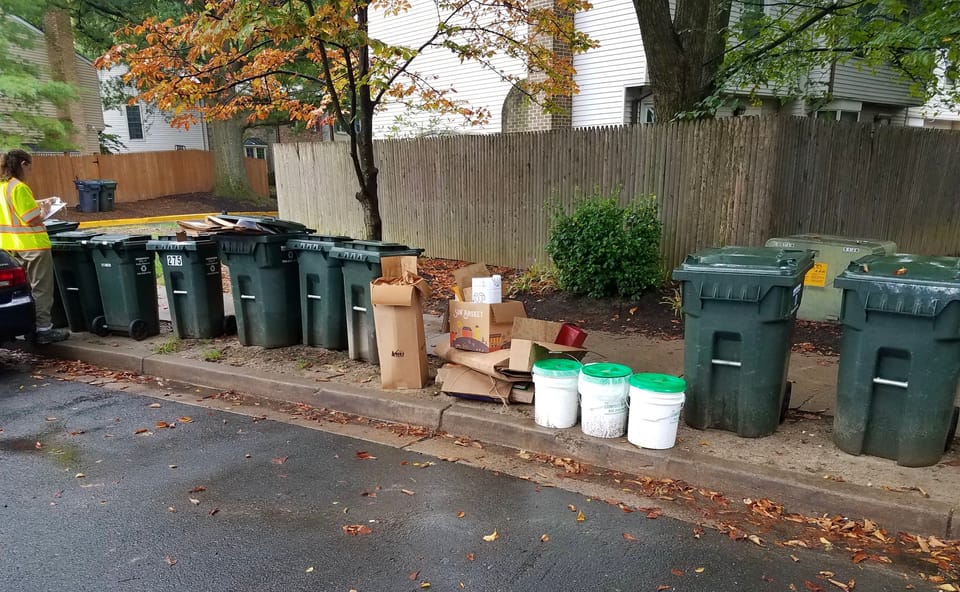
In any city, large or small, residents tend to look to their curbsides to measure the competence of their city government. After all, what better yardstick can there be than whether your trash and recycling – and your actual yard sticks – are hauled away each week, neatly and without fuss.
It should be no surprise, therefore, that the City of Falls Church – the nation’s “healthiest community” per U.S. News & World Report – has established a Solid Waste Task Force (SWTF) to consider not only how to expand curbside services but ensure their costs are more equitably distributed.
Launched in May, 2025 as an advisory body to the City Council, and appointed by City Manager Wyatt Shields, the SWTF is tasked with providing “recommendations on the fees City residents pay for curbside solid waste, recycling, and composting services, and possible policy changes that align with the Solid Waste Management Plan [SWMP] adopted in 2024.” The SWMP “outlines a 20-year blueprint for managing solid waste through waste reduction, resource conservation, and sustainable disposal methods. It includes strategies to expand composting and recycling programs, improve waste collection, and enhance public outreach and enforcement.”
The SWTF held three public meetings in June, allowing for public comment, and is scheduled for a last one July 21, at 2 p.m. before submitting their final recommendations to the City Council on Aug. 4. The task force is charged with “detailing research and recommendations on the fee structure, composting, billing, communications, and City code amendments,” of any new curbside program recommended.
Under consideration: 1) a 3-bin curbside offering; 2) preserving the City's drop-off composting services; and, 3) a lifting of the tax burden currently shouldered by apartment- and condo-dwelling residents who’ve historically paid to support curbside services from which they’ve been excluded.
Currently, residents are supplied by the City with two curbside bins, or “carts,” one for “Trash” and one for “Recycling.” So, what’s in the “third bin”? The SWTF is considering a program to allow residents to bundle yard waste and household compost together into an “Organics Bin,” to be hauled away each week. With the addition of the “Organics Bin,” City-wide composting is expected to increase, as it has dramatically in other jurisdictions, while disposal costs are predicted to fall.
Why the need for a tax break? Since the City’s curbside services have historically been paid out of the City's General Fund, yet denied to apartment- and condo-dwelling residents because their managements have tended to be under separate contracts, the SWTF is studying a variety of revenue-neutral approaches to distributing the costs of curbside pickup services.
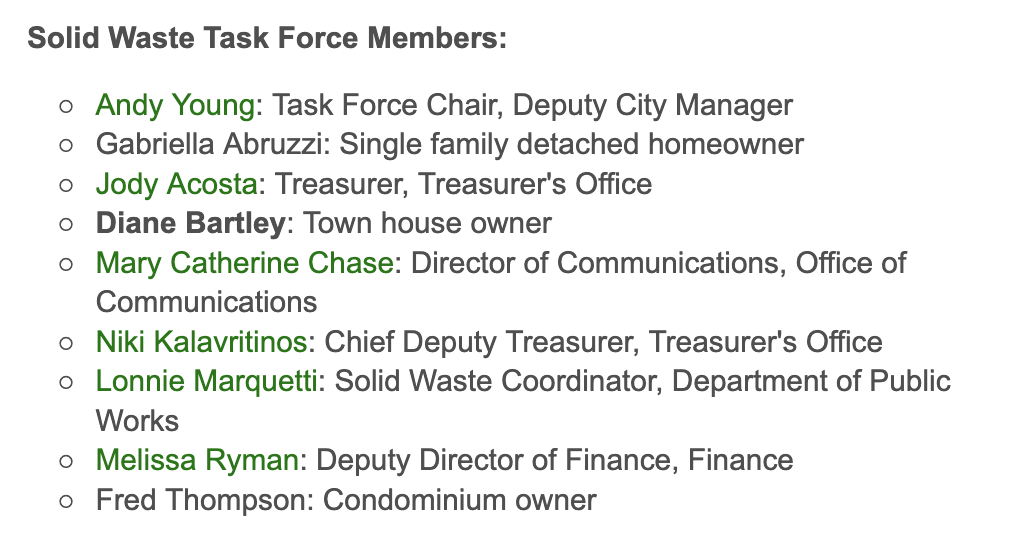
The Falls Church Independent interviewed SWTF member and Winter Hill town house owner, Diane Bartley, to find out about the task force’s mission, what it’s studying, and what sort of recommendations might be in the offing. Falls Church City Mayor Letty Hardi introduced us to Bartley to help spread the word about the SWTF’s mission and to help inform City residents about the City’s curbside programs prior to the City Council taking up the matter on Aug. 4.
“Communications is part of their scope of work,” Mayor Hardi said of the SWTF. “They've written a community letter …. to get the word out and would love to make sure it reaches more people. I know trash/recycling/compost is not the sexiest of topics, but [it is] one of the important services residents rely on,” the mayor wrote. “If we make changes, I believe they'll go into effect by the end-of-year real estate tax bills, so that's when the community would see [the possible tax cuts],” the mayor said. As a “compost-convert” for years, “it’s something I've cared about for a while,” she said.
The mayor credited City resident Gail Wadsworth of Park Towers for her “30+ years” of battling the City over the unfairness of condo- and apartment-dwellers not only having to help pay for curbside services they don’t receive, but then being doubly-taxed by their residential management services for trash/recycling pickup fees. “In recent years, we have diversified our housing stock such that we have more multifamily apartments and condos (4K) than single-family homes and townhomes (3K), so the ‘equity issue’ is growing bigger," Hardi posted on her blog April 11. "We’ve had some residents advocate for a change for 30+ years.”
“I would like to fix this fairness issue in this budget cycle and believe changing to a fixed-fee, while not perfect, would be the simplest way to address this long standing issue,” the mayor added. “This issue gets more complicated to fix every year that passes because the imbalance will only grow…. In the fixed-fee option, we would take the $950K cost out of the tax rate (about a 1.5 penny tax cut). For 4K multifamily households and commercial buildings that don’t get service – they would see a 1.5 cent tax rate cut and no further fees. For the 3K homes that receive city curbside service, they would see the 1.5 penny tax rate cut and a flat fee for solid waste service, including a new 3rd bin for food scraps and yard waste, which is estimated to be $332 total per year.”
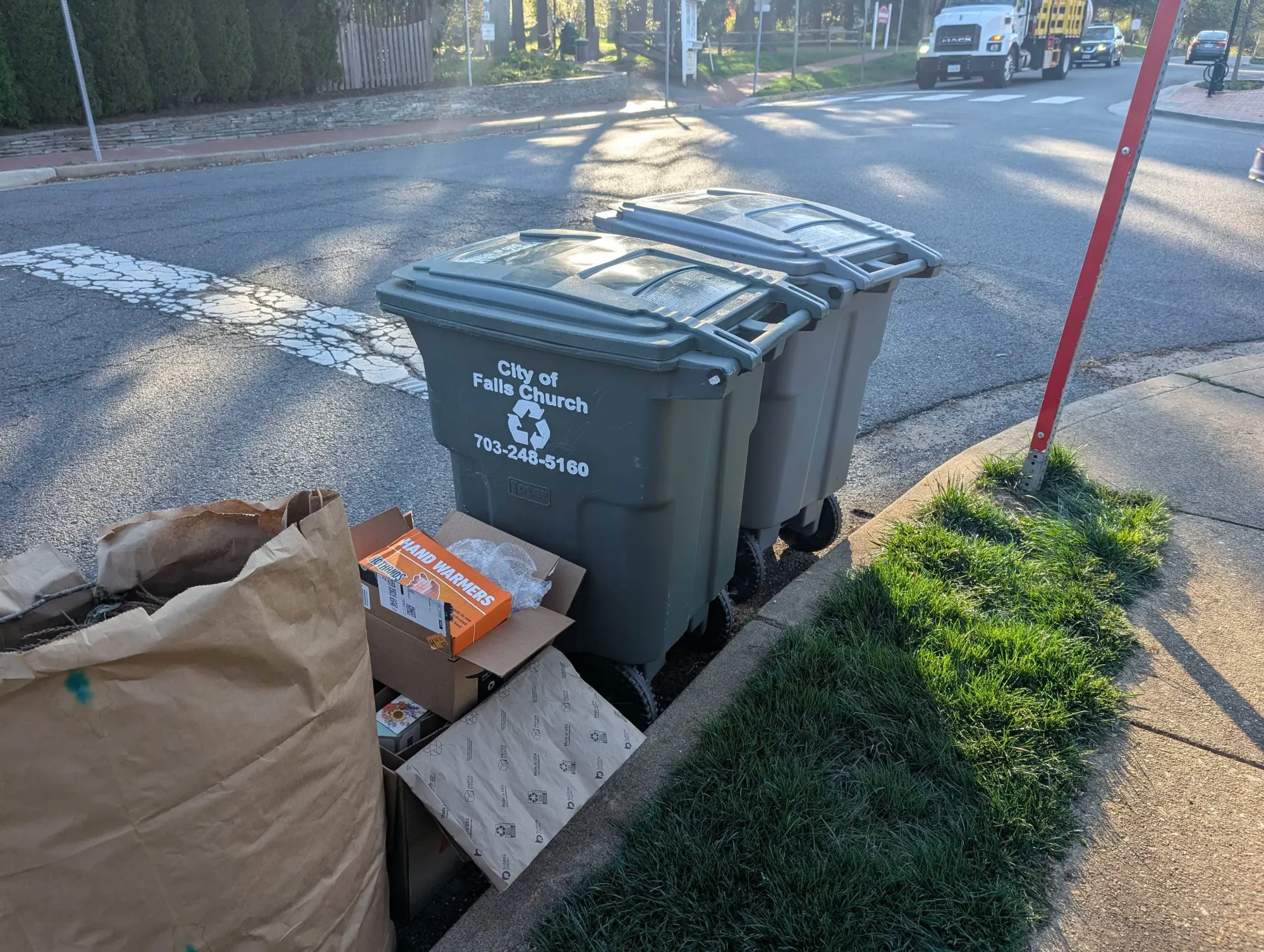
We asked townhome owner Diane Bartley about her background and how she came to be appointed to the SWTF. “I moved to the Winter Hill Neighborhood about 16 years ago and we just fell in love with, first, the immediate neighborhood, and then more broadly the community,” she said. “We have two kids. One going into [Meridian High School], and one going into their last year at Oak Street [Elementary School].... And we just love everything about it.”
“And I was involved in our HOA for a long time and was interacting with the City quite regularly about a bunch of different issues, like renovating Chimney Park and things like that,” Bartley continued. “So, I started to get to know people like [City Manager] Wyatt Shields and people in the City government. And when they were putting together this group, they were looking for a townhouse representative and I guess I was one of the names on that list, so I said, ‘Sure. I’m happy to help.’”
Asked to outline the basic issues surrounding the City’s curbside services, Bartley said, “In a nutshell, to date, trash collection involves a weekly pick up for about the 3000 single-family homes and townhouses that are eligible for this service within the City,” Bartley said. “It’s been paid for out of the General Fund. And it’s worth about 1.8 percent of the tax rate. And so, for a number of years, there’s been one…. condo owner who’s been bringing this up for a couple of decades. And the point is that effectively they’ve had to pay for their own trash to be removed because, for a variety of reasons, a number of townhouses…. as well as all condos are not eligible for that service.”
And this includes, “apartments, condos, and multi-family dwellings which have to pay for their own trash removal,” Bartley continued. “And what we learned from our condo representative [on the SWTF] is that there’s a lot more complexity. A lot of times there are multiple-family dwellings who share their space with commercial [tenants] who need trash picked up more often. There are also private property issues. Some of the townhouses have private roads, so the City is not allowed to go on those roads….”
“So, you can see two ways to kind of make it fair,” Bartley said. “One way is to use the tax that everyone pays to provide the service for everyone. But the complexities preclude that, so that’s not an option. So, the second is to say, ‘Okay, instead of paying for it out of the General Tax Fund with the 1.8 cents out of your property tax, turn it into a fee, right? So, all the 3000 or so households who get the service, pay a fee. But then there's a commensurate tax reduction. So, it’s revenue-neutral for the City. The City is not trying to make money off of this. It’s just the fairness issue.”
“Everyone who gets the service would pay the fee. So, the 3000 or so households who get the service today, would still get the service,” Bartley continued. “So, let’s say you live in a condo. Your situation would remain the same because you’re already paying for it. You would just see a minor decrease in your property taxes. And, if you’re a single-family homeowner, you would still see a similar service…. and your tax would go down. But then you would also have a new fee. So the net impact would be slightly offset.”

One complicating factor, however, is that shifting to a fee-based approach would reward higher-value property owners with larger decreases in property taxes. “Here’s where it gets a little more complicated,” Bartley said. “Let’s say you have a very upper-end home in the City, like a $2.5 million home, then that 1.8 cents – you’re paying more than somebody like me in a Winter Home townhouse. So, now, you would get a larger decrease. And those of us in the 80 percent – in the middle – would see less of a decrease. And, we would still be paying a fee.”
However, Bartley emphasized, this new tax structure is not yet written in stone. “I like to emphasize this, the task force has absolutely zero authority. The City Council will make a decision, or do nothing, or ignore our recommendation, or whatever, right? But, what we’re supposed to do is examine this and to say what we think should be done. What would be fairest? Do you just divide the cost by the 3000 or so households and everyone pays a flat fee or do you have some sort of pricing variability. Like maybe you pay more for a bigger [waste] cart and a little bit less for a smaller cart. Or something like that. So, those are the kinds of issues we’re looking at.”
The City Staff’s legal team also raised doubts about the legal justifications for funding curbside programs based strictly on assessed property values, Bartley said. So, a flat fee for the program “could be considered a fair thing across the board, except that some people would get the extra tax benefit.” Under the flat-fee scenario, residents might pay approximately "$385 per household, per year," or "somewhere around there,” Bartley added.
But, an alternative fee structure is also under consideration. In order to incentivize more household composting and less trash production, the SWTF is looking at a pay-as-you-throw (PAYT) program where “maybe you pay a little bit less” if you put out “half the trash on a weekly basis,” that is, you “use a 35-gallon cart instead of a 65-gallon cart.” Living in a townhome, Bartley's family is able to put out less trash each week than many other families of similar size.
Asked if members of the SWTF have taken sides polemically on the issues, Bartley emphasized that all options are under consideration. “I think everyone’s open-minded, because what we’ve talked about is we want it to be fair, right?,” she said. “This issue has just been kicking around for ages, and I learned that the City Council actually updated the City Code to say there would be a fee-for-service model, but then just never did anything about it. So, the City Council already called for this. It just never happened.”
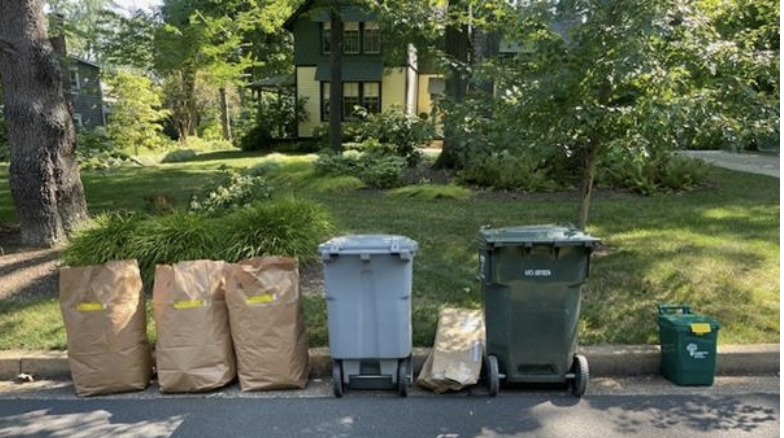
Asked if she were in agreement with the mayor’s positions on these issues, Bartley said, “I don’t actually know what the mayor’s views are. I deliberately tried not to research too much which positions City Council has taken. I just try to look at what’s fair, what makes sense, and what other jurisdictions have done, you know? And, Staff has done a really awesome job. They’ve looked at a bunch of neighboring jurisdictions.… And there’s a lot of good information. A bunch of neighboring jurisdictions do a fee-for-service model. It's a common model. There are still some that do it as a part of the general tax base. So, there’s not a clear consensus, I would say. But it’s quite reasonable to have either model, I think.”
“The two models are like the all-you-can-eat, where you can pay one flat fee and throw away anything you want – kind of like a buffet of your trash – [Laughs], versus the pay-as-you-throw plan where you’d have a little discount if you use a smaller trash can.”
At her town house, Bartley’s family participates in the City’s current composting program where residents pay a monthly fee for the Compost Crew to pick up household compost weekly. So she’s excited the City might move toward expanding home composting services. “We do participate in the compost plan and have participated for a while,” she said. “And we just try to be thoughtful about it. So I think that giving people options and some kind of incentive to just be more mindful about the trash we all generate is good.”
“There’s a service Falls Church City has offered for a number of years now for the Compost Crew,” Bartley said. “They provide a subsidy and then the homeowners – there are about 500 or so of us who do participate.... pay an additional monthly fee. And then we put our compost out on the curb where it’s collected with the normal trash pickup and the Compost Crew comes through and picks that up…. We’re in the group with a smaller cart which is $8 per month, and then there’s a bigger cart which I think is $15 a month.”
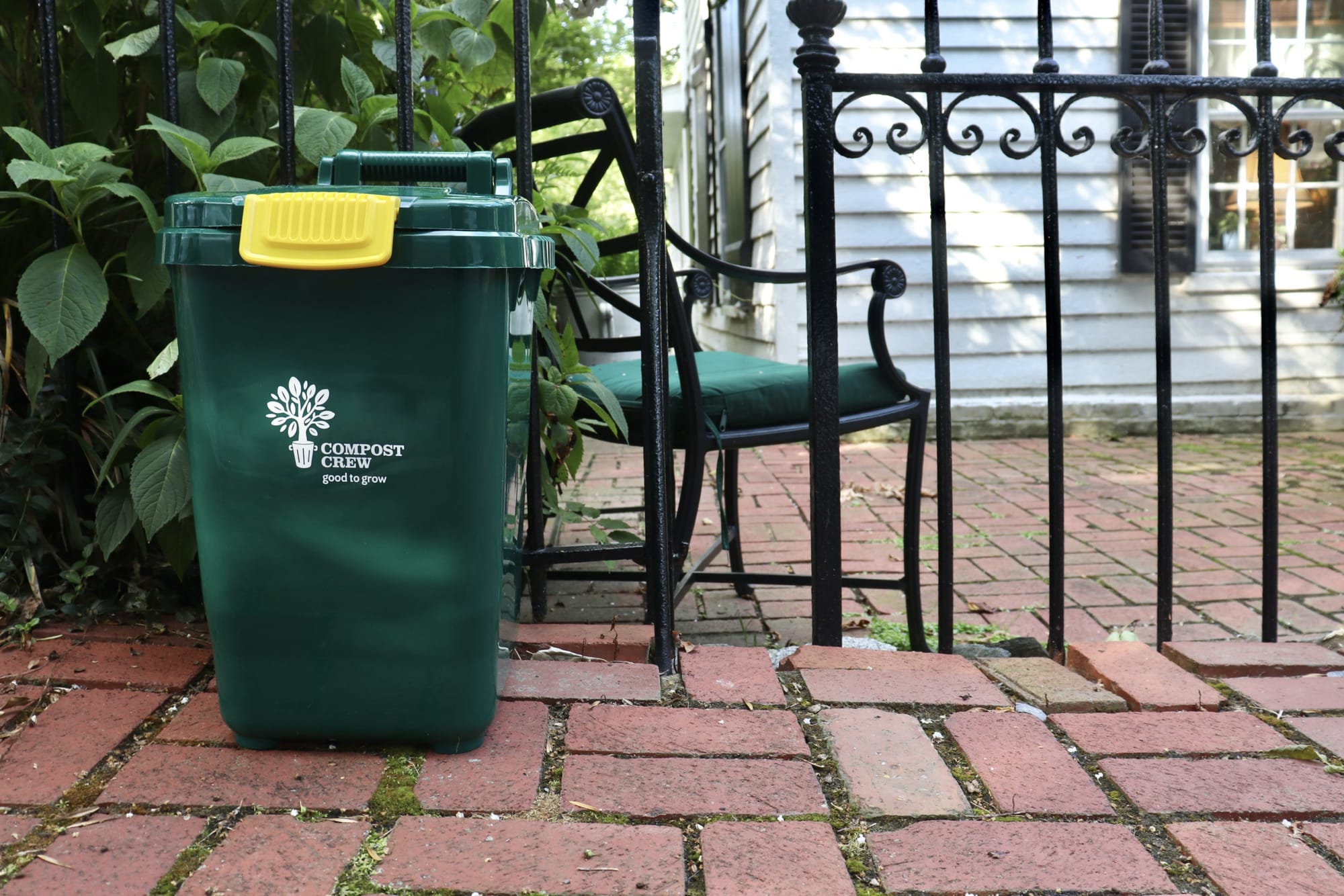
In a SWTF public PowerPoint presentation, the “expected outcomes” for adding the “Organics Bin” to the City’s curbside program include:
• Waste Reduction: Providing a 3rd organics cart allows all curbside residents to divert food waste vs. the 20% that currently participate in the opt-in composting program;
• Decrease tonnage sent to waste-to-energy or landfills;
• Reduces costs for current curbside composting customers from $96 to $22 (estimated);
• Help the City align with the Solid Waste Management Plan, closer to zero waste for organics stream and carbon emission goals;
• Drop off composting program will stay to allow commercial entities to compost, furthering our goals.
“Change is always hard for people,” Bartley said. “And I get it. People are just like, ‘Don’t give me one more thing to worry about or figure out!” [Laughs].
“And we’ve gotten a lot of feedback on what’s called the Yellow Sticker Program, where you buy the brown bags with the yellow stickers and you put your yard waste out on the curb," Bartley continued. "And what we’re interested in doing is potentially adding a third bin so you have trash, recycling, and then there’d be a third bin that would be an Organics Bin where you could put everything from yard waste in that bin to compost also. So this would be nearing what Arlington County started to do several years ago. They have a third bin. And they first started with yard waste and then they expanded it to also take compost.”
“And this was so eye-opening to me in the discussion we held [in the public meeting, July 9] yesterday. We kind of did a deep dive on that. So, the first thing that’s interesting is that they said that in Arlington County, 90 percent of people leverage that [bin] for yard waste. And I just think that the number of people who’ve complained already about how annoying the yellow tags have been and with Brown’s [Hardware] closing – like where do you go to get ‘em, right? – It’s appealing to me to potentially be able to say, ‘Look, I know we’re doing a change. But, there’s actually an expanded service.’ Maybe in the fall you’ll still have to get some bags, but for most of your weekly trash pickup you can just put it in the third bin and they’ll take it out and that’s much easier. You don’t have to mess around with bags.”
And, of course, no one will be forced to use the “Organics Bin” or to recycle, Bartley emphasized.
But, the financial savings of the pay-as-you-throw system’s incentives are quite enticing. “The other thing that's really cool is that from a tipping fee [or, dumping fee] perspective, the Staff scheduled an American Disposal Services representative to come and talk to us yesterday [July 9] and the tipping fee for solid waste, just regular trash, is $91 per ton, I think. But, for compost and organic, I think it’s only $41 per ton. So, it’s an over-50 percent savings if you can get more into that organics bin. So that really appeals to me as well. It could net bring down the cost for everyone if we convert more into that bin.”
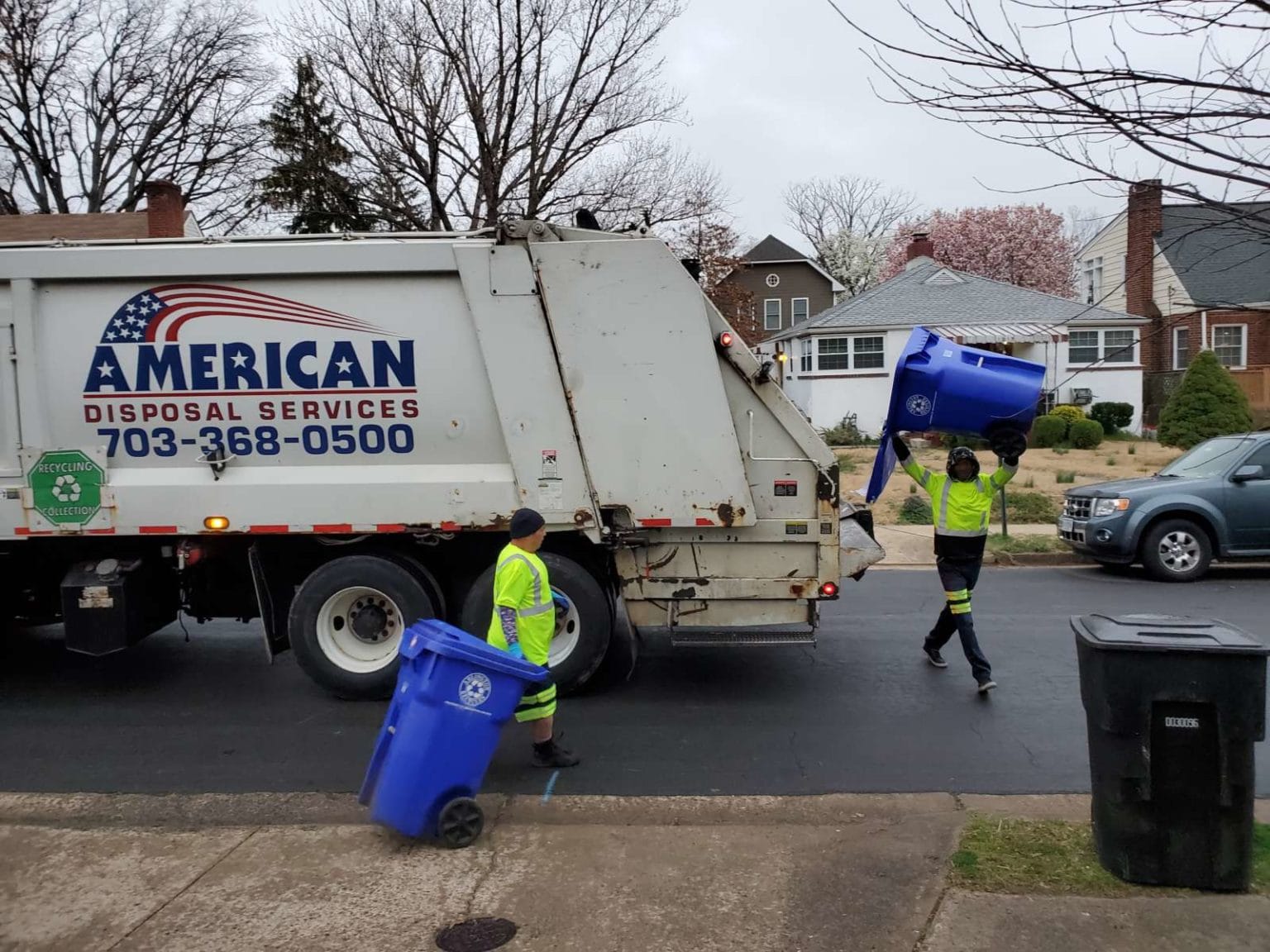
For Bartley, the environmental impacts of reducing household trash production while increasing composting are enormous. “I think for me, personally, [on the SWTF] we learned about how when organic materials decompose anaerobically, or without oxygen, in an enclosure – so, if it’s thrown in a dump with a whole bunch of plastic and whatever else, it gets all squished down and it decomposes without oxygen – then that generates methane… which has a lot more of a greenhouse gas effect even than carbon [emissions]. So, when I learned that, I thought, ‘Well, one of the easiest ways to reduce our carbon footprint is just to divert as much of our waste as possible to just compost.’”
“So that’s just a little thing. It requires some behavior changes. It does take some getting used to, like having a little compost bin for scraps in the kitchen, and training ourselves to put stuff in it, you know, it’s not like we suddenly woke up and we fully got it overnight or something, but we’ve slowly gotten a system down and it’s just very natural now,” Bartley continued. “And you feel like you’re helping a little bit, you know?”
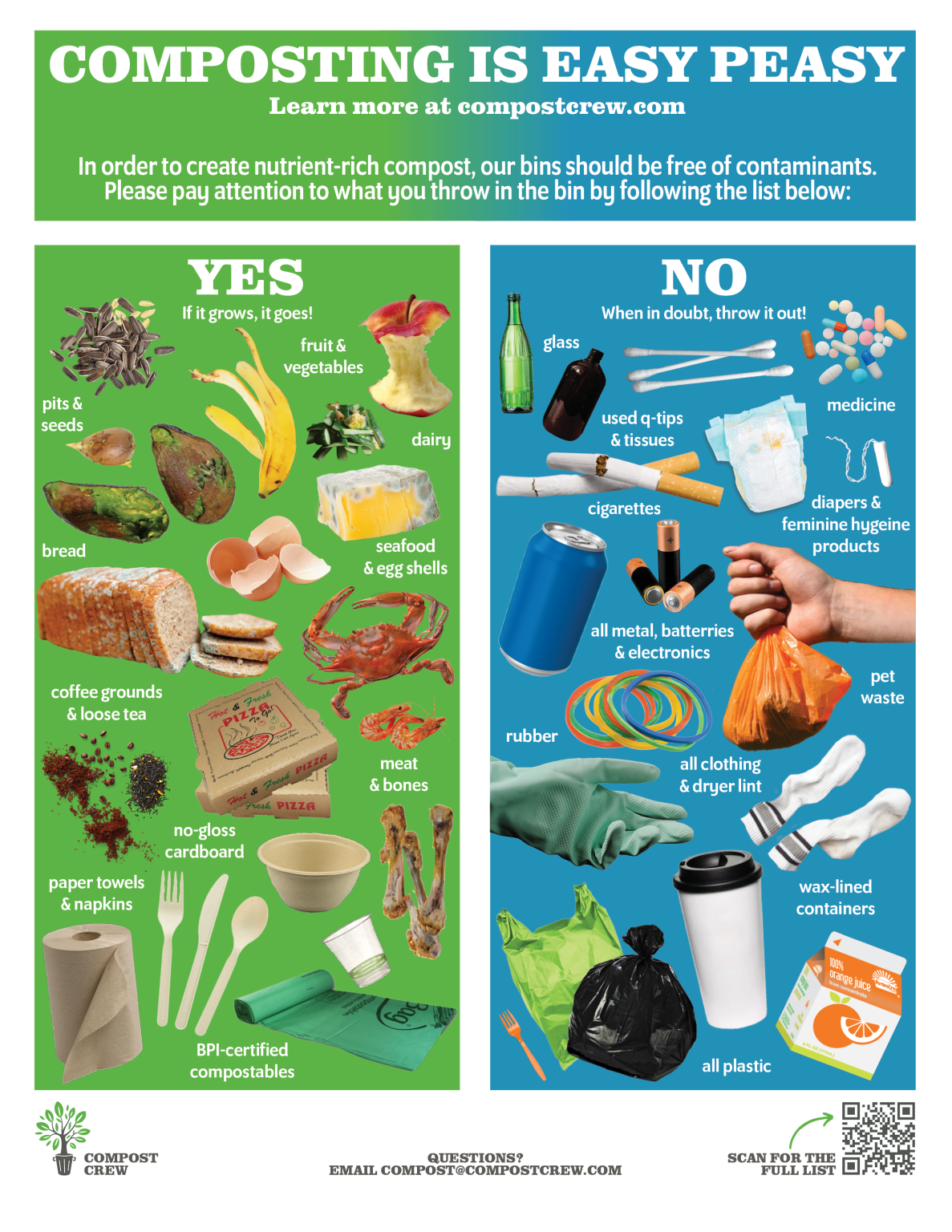
In a letter to her fellow town house residents about the SWTF’s efforts, Bartley included a link to Grist, a climate and environmental publication, highlighting the remarkable success of towns and municipalities in reducing household trash production – in some cases by as much as 50 percent – and increasing composting substantially by adopting PAYT fee models.
As you go toward the PAYT model, “then people have more of a financial incentive to get a little more creative about how they dispose of things,” Bartley said. Given that only around 500 City residents currently subscribe to the City’s Compost Crew program – out of 15,000 overall Little City residents – there’s certainly ample room for such incentives to yield positive results.
And, what the SWTF is considering is “not just a change for change’s sake,” Bartley emphasized. “But, I really hope that, especially with things like the Organics Bin, that it actually does make people’s lives a little easier, with a little bit less hassle. And, again, this is not our final recommendation. But I think it’s likely that that would be included in there. There seems to be pretty broad consensus on that. Personally, that’s just what I get excited about – helping everybody to make their daily lives just a little bit easier. That would be great!” [Laughs].
By Christopher Jones

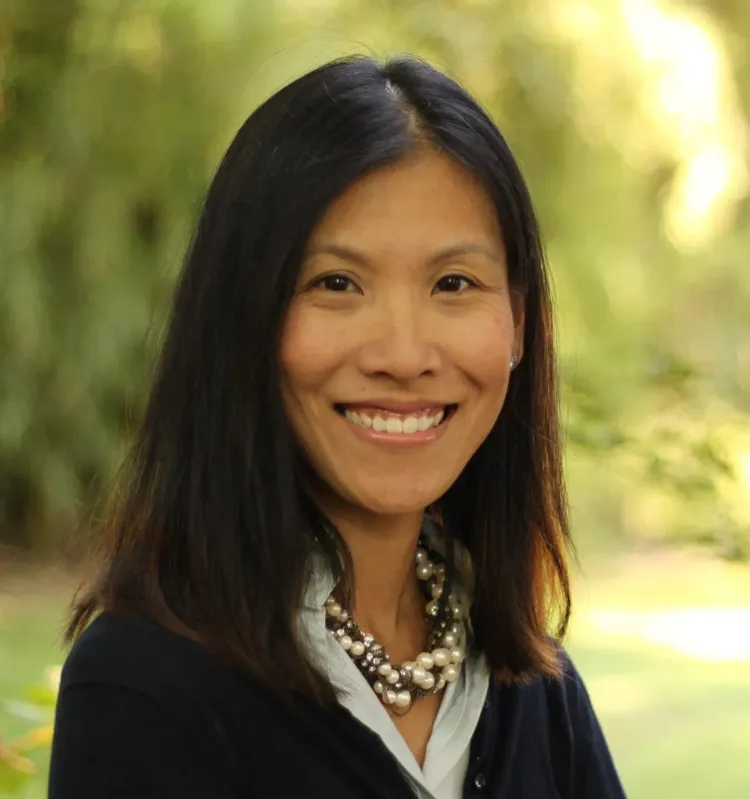

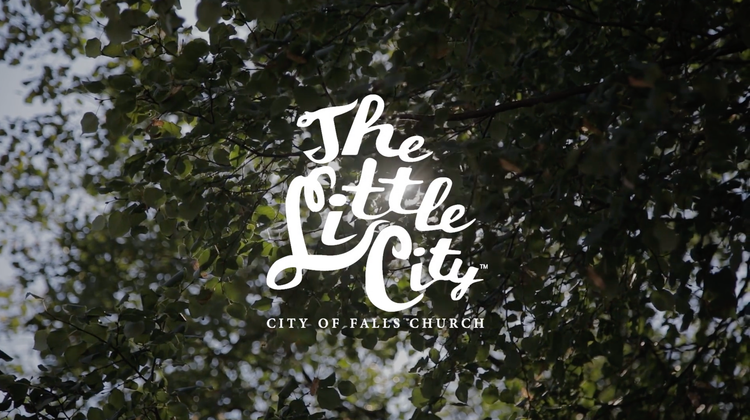

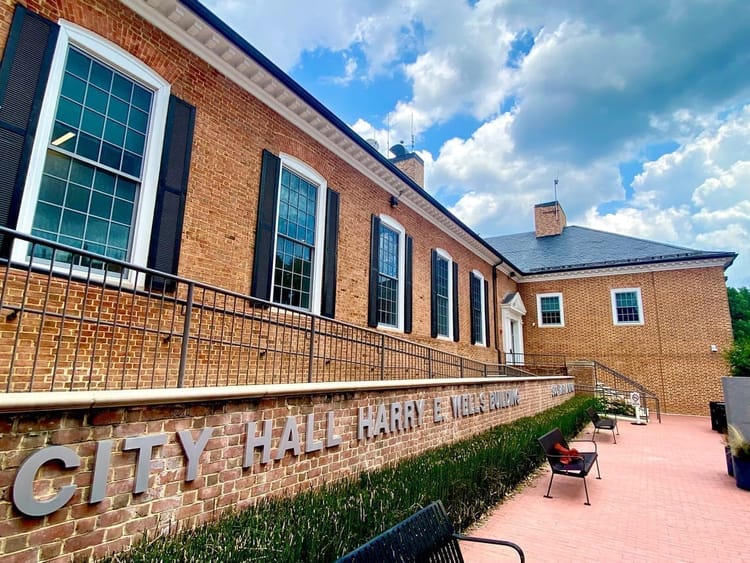
Member discussion